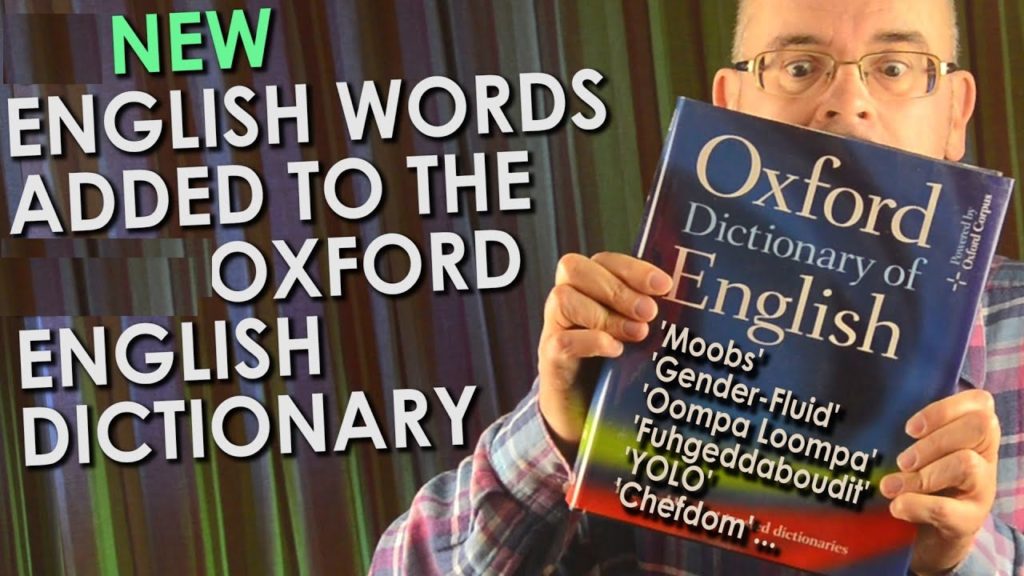
By Alté Jay, YeyeNews.com, October 18, 2021
Prof. Mathew Olagoke,a professor of English at University Ibadan, has submitted the words “Japa” and “Sapa” to be considered for addition into Oxford Dictionary in the next edition of its dictionary’s collection of words. He made the revelation at a press conference attended by YeyeNews.com reporters.
“Japa”, a Yoruba word which means “flee”, has been adopted and popularized by Nigerians living in the country who have, in recent years, consistently expressed their desire to migrate away to a foreign country in view of the current unbearable state of Nigeria’s economy, its insecurity, and overall poor standard of living.
“Sapa” however, is a Pidgin slang which has become as widely used as “Japa”, and it refers to a state of poverty, especially after an extravagant spending. These two words have gained popularity in recent times; a popularity that has seen them used in comedy skits, Nollywood movies, and on social media platforms.
The Nigerian-British professor, a social critic and a civil liberty defender, is an admirer of Nigerian’s varied cultures. He acknowledged the popularity of these words in Nigerian society and Africa at large. “Nigeria has the largest population in the African continent with over 250 million people residing in the country,” the professor said. “By adding these words to our dictionary just as we’ve done in the past with other words, we acknowledge the unique contribution Nigerians are making to English as a language.”
“Japa” and “sapa”, if added to the dictionary, will join other Nigerian words like agric, okada, K-leg, sef, tokunbo, danfo, next-tomorrow, buka, mama-put, barbing, bukateria, chop, chop-chop, and others in the collection.
However, while the addition of these words has been welcomed by many Nigerians, some fundamentalist have criticized the Oxford press in the past each time Nigerian words are added to its dictionary, referring to the words as Pidgin ‘street words’ that should not be included in the English dictionary, as it considerably tempers with the pattern of the English language we are already used to.
